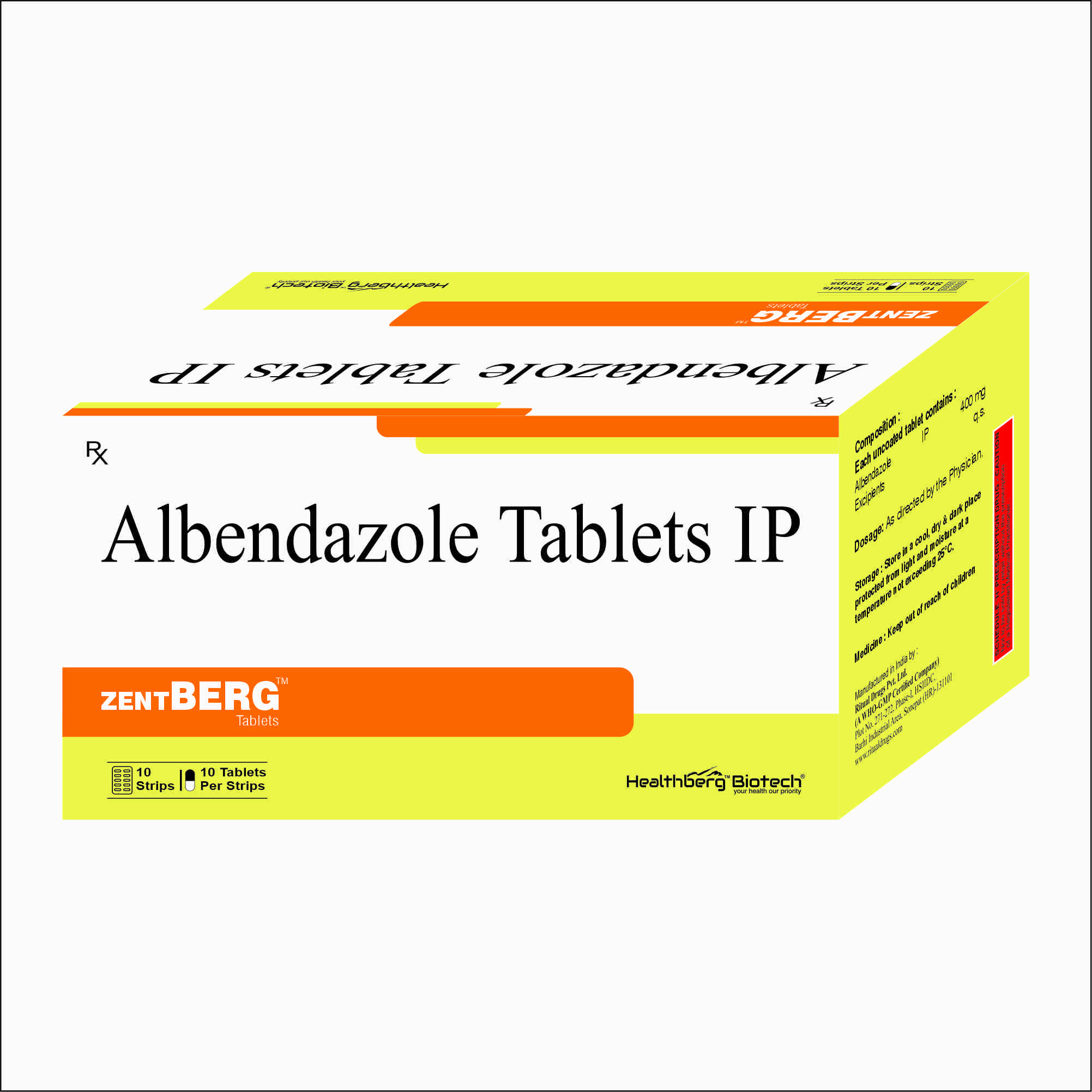
Formulation ALBENDAZOLE 400 MG TABLETS
Packaging 10X10X1 BL. PERF.
MRP
Tax Bracket
Indicated By
Visualaids, Branded Stationary, MR Bags, Prescription Pads
Marketing Material
etc
Uses:
Problems and Considerations:
In summary, albendazole 400 mg tablets are primarily prescribed for the treatment of various intestinal worm infections, hydatid disease, and neurocysticercosis. It’s important to use this medication under the guidance of a healthcare provider, adhere to recommended dosages, and be aware of potential interactions and considerations. If you have any concerns or questions about its use, consult a medical professional.
There are no reviews yet.